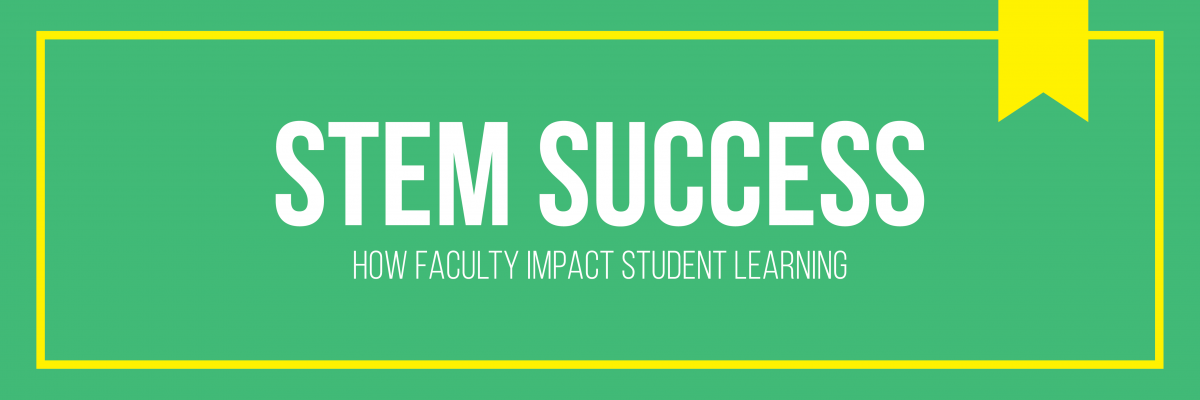- Are your students at the associates or baccalaureate level?
Associates Level
- Do you use different teaching strategies for associate level students than for baccalaureate level students? Why or why not?
If I were teaching both levels – I would probably employ the same teaching strategies. However, for the baccalaureate level students, already exposed the metacognition in the associates level, at the start of each semester, after the first meeting with the students – I would require each one to email me what in their opinion is their learning strategy and why? Then with this information I will help them to continue to excel through strategies that inspires them to be proactive learners.
- What is metacognition and what concept from the chapter resonates with you and why? (identify the page number)
Metacognition is the process of becoming consciously aware of oneself as a problem solver. This shift in thinking enables the individual to actively seek solutions to any problem they may encounter, rather than relying on others to tell them what to do or to answer their questions.
I was especially drawn to the concept at the top of page 26; “if we do not take the time to discover what our students already know and help them relate what they are learning to their prior knowledge, then they cannot learn in the most effective ways”.
This concept reinforces the principle that learning is effective when new information is absorbed and processed in relation what is already known and understood.
- What are other factors that might influence student learning?
Some factors that may influence student learning are as follows;
- Encouraging students to freely express what they “hear” from lectures and as instructors taking the time to listen with intention to their expressions.
- Help the students to engage with process and apply the information.
5. How can metacognition help us towards our goal of increasing retention 5-10% starting in the fall?
Metacognition can help us, help the students to implement learning strategies that work for them. Students will;
- Now be aware of the actions (monitor, plan, control) they need to take to improve their learning – they will learn to take responsibility for their learning.
- Identify ways to organize new information by relating that information to old ideas.
- Understand the material instead of just memorizing it.



